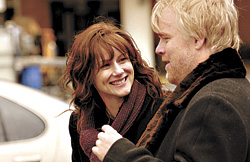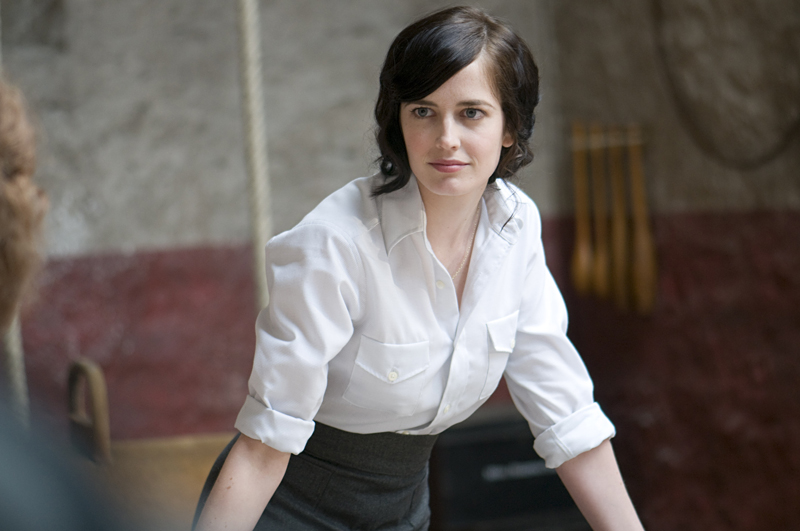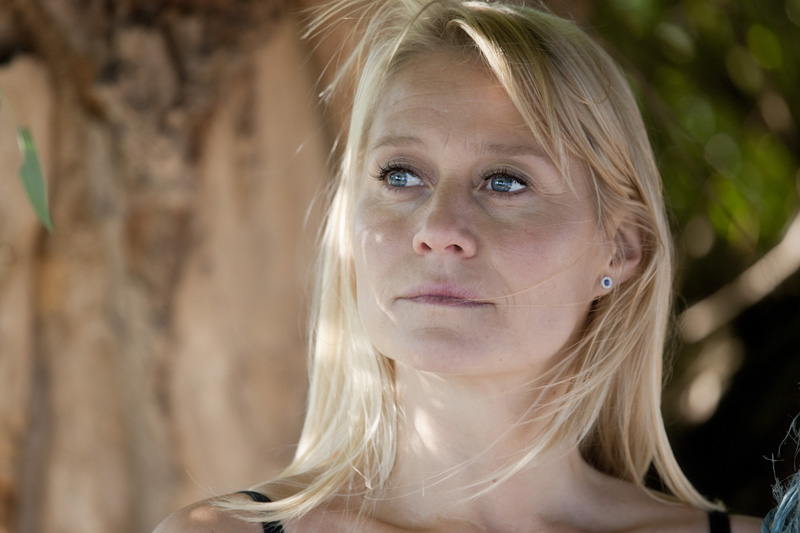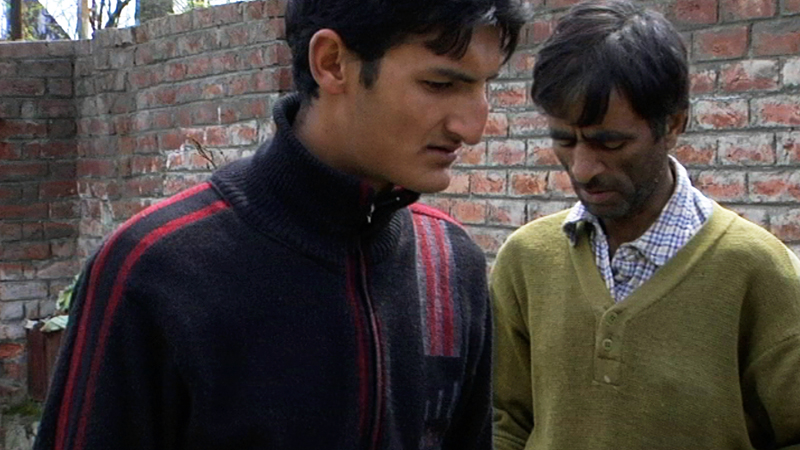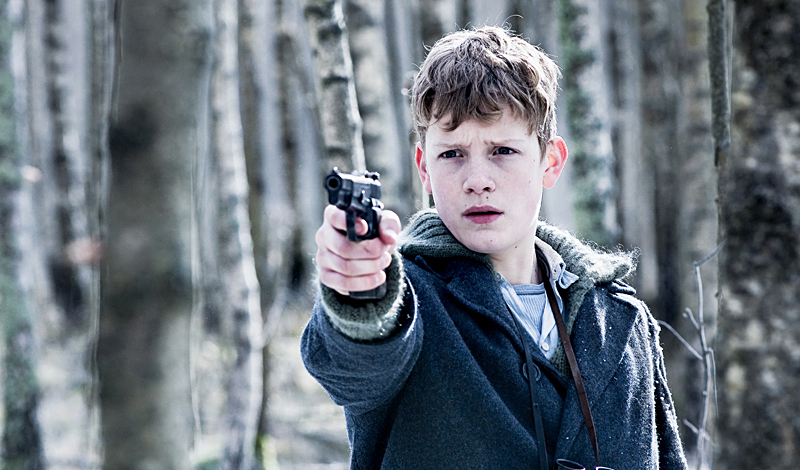Simmering below the squeamish elder-care euphemism “uncharted territory” is a fearful awareness that when it comes to dealing with the growing army of senile parents, we have no idea what the hell we’re doing. Tamara Jenkins plumbs the depths of that terror in her new film, The Savages, and jacks it up a few notches by asking what it’s like to care for a demented father who never cared for you.
It’s hard to imagine a more potent test of family solidarity than the decision-making process regarding what to do with a sick and helpless relative. Some rally heroically—in a moving instance of life mimicking Away From Her, former Supreme Court Justice Sandra Day O’Connor recently gave an understanding thumbs-up to the romance between her Alzheimer’s-afflicted husband and a woman in his nursing home. But many collapse under the strain—and if you saw Jenkins’ heavily autobiographical 1998 cult-hit comedy, Slums of Beverly Hills, you won’t be expecting serene self-sacrifice from Wendy and Jon Savage (Laura Linney and Philip Seymour Hoffman), middle-aged siblings whose relationship to one another and their fast-fading dad Lenny (Philip Bosco) strains the very definition of family, never mind adulthood.
Less antic and more tonally nuanced than Slums, The Savages still has a fat helping of grossness to its name. An instinctive provocateur, Jenkins gleefully rubs the more graphic symptoms of dementia in our faces—as well she should, given the emotional fallout of dealing with a man who covers a bathroom wall with his own feces. But the movie also comes with the wistful sadness of a maturing filmmaker who understands that, in matters of death, sorrow and black comedy often walk hand in hand.
The Savages opens under insanely blue skies in the full-service retirement village of Sun City, Ariz., with a bunch of senior ladies capering about in electric-blue cheerleading outfits, a scene of pure goofiness slyly offset on the soundtrack by a plaintive Peggy Lee singing “I Don’t Want to Play in Your Yard”—an unadorned anthem to human neediness in general and sibling rivalry in particular. Estranged from their overbearing father and a mother who checked out early, Jon and Wendy delude themselves into believing that they’ve cut the family cord and moved on with their lives. In reality, Wendy’s a stalled East Village playwright (aka temp) wasting her time in an irritable affair with her married neighbor (Peter Friedman), while Jon, a Buffalo college professor who cranks out obscure pomo-lit papers no one will ever read, refuses to marry his Polish girlfriend (Cara Seymour) even though he weeps when she makes him eggs. Trapped in extended adolescence, the two rattle around their separate but equally cramped lives, which grow slightly more cramped when a nocturnal phone call informs Wendy that Dad has flunked out of his retirement home.
Chickens flap home to roost as Wendy and Jon move their recalcitrant father to a dreary East Coast facility, where he confounds their every effort to take instruction from Elder Care for Dummies. Bosco gives a hilariously physical performance, but at its core The Savages is about a brother and sister who have been hopelessly failed in the parenting department, and misbehave accordingly. Linney has always been a natural at playing tightly wound women on the verge, and there’s something inexpressibly moving about watching the compulsively proactive Wendy, a child-woman in ringlets, come apart at the seams as she overcompensates for her phlegmatically withdrawn brother and lies through her teeth to upstage him. Watching their father die, the pointedly named Savages make a perfectly synchronized emotional seesaw as they bicker away, a rabid squirrel trying to get a rise out of a grumpy bear.
Jenkins is no sentimentalist, and she won’t patronize her benighted losers or her audience with epiphanies, apologies, or blinding insights. Yet the movie is dotted with moments of grace and whacked-out humor that reminded me of Jane Campion at her early best, and got me on board for this damaged duo’s liberation. Theirs is a hesitant growing up that feels less like a sop to distributors wary of the bummer ending than a goofy act of tender mercy by a director who’s moved on from the simple desire to shock.
